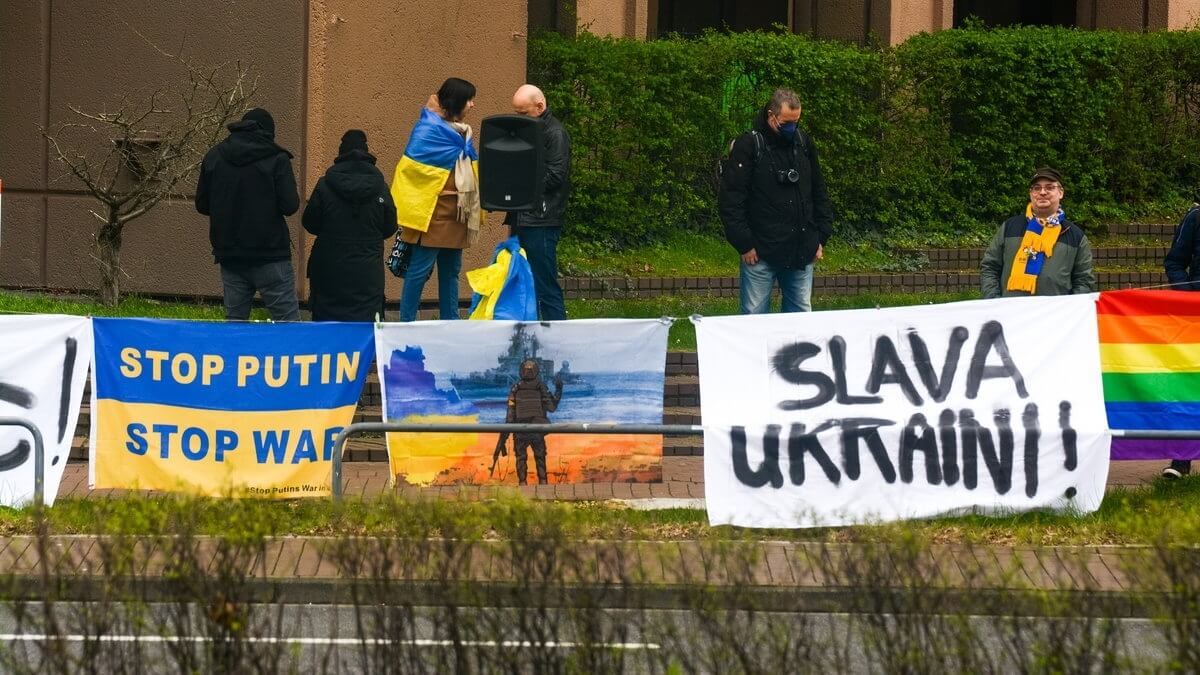Russia. Student convicted of Wi-Fi network name. He was supposed to support Ukraine
Estimated reading time: 2 minutes
A student at Moscow State University was sentenced to 10 days in prison after changing the name of his Wi-Fi network to the pro-Ukrainian slogan "Slava Ukrajini!", meaning "Glory to Ukraine".

Censorship in Russia and political persecution the abstract forms
Censorship in Russia and political persecution the abstract forms. Since the beginning of the Russian war, Russian courts have consistently sentenced individuals to imprisonment or fines for criticizing the invasion or expressing support for Ukraine. Recently, a Moscow court found a student from Moscow State University guilty of spreading “symbols of extremist organizations.” The student had named his Wi-Fi network in support of Ukraine with the slogan “Glory to Ukraine!”
According to court documents, police searched the student’s dorm room, where they discovered his computer and Wi-Fi router, which were subsequently confiscated. The Moscow court determined that the Wi-Fi network was used to promote the slogan “Glory to Ukraine!”—a rallying cry for Ukrainians in the context of Russian aggression. The young man was arrested and later sent to prison for ten days.
President Putin targets political opponents: thousands imprisoned
This student is the latest addition to a long list of Russians punished for their comments or actions related to the war. Last month, hundreds of people were detained for laying flowers in honor of opposition leader Alexei Navalny, who died under suspicious circumstances in a prison near the Arctic Circle.
In St. Petersburg, courts sentenced 150 individuals to imprisonment for up to 14 days, as reported by the press service of the city’s second-largest court system in Russia. Overall, 175 detainees received administrative penalties.



